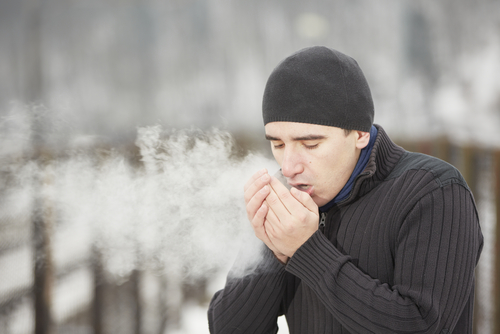Hypothermia is a drop in body temperature below 35.0°C caused by prolonged exposure to cold temperatures. Normal body temperature averages 37.0°C. In severe hypothermia, core body temperature can drop to 27.8°C or lower.

Hypothermia is a drop in body temperature below 35.0°C caused by prolonged exposure to cold temperatures. Normal body temperature averages 37.0°C. In severe hypothermia, core body temperature can drop to 27.8°C or lower.
Hypothermia symptoms for adults include:
Hypothermia symptoms for infants include:
DIAGNOSIS
A specialized thermometer can detect very low core body temperatures and confirm a diagnosis.
Temperatures for mild, moderate, and severe hypothermia generally range from:
Because response to hypothermia varies among individuals, temperatures may differ.
RECOMMENDED MEDICATIONS
Hypothermia is a life-threatening condition that needs urgent medical attention.
If medical care isn’t immediately available:
If unconscious, or has no pulse or signs of breathing, call for emergency help right away. CPR (cardiopulmonary resuscitation) should be given immediately if a pulse can’t be felt and there is no sign of breathing.
In cases of advanced hypothermia, hospital treatment is required to rewarm the core temperature. Hypothermia treatment may include warmed IV fluids, heated and humidified oxygen, peritoneal lavage (internal “washing” of the abdominal cavity), and other measures.
Overview and FactsTypes and SymptomsDiagnosis & MedicationsOverview and Facts Referred pain is a phenomenon where pain is perceived at a [...]
Overview and FactsTypes and SymptomsDiagnosis & MedicationsOverview and Facts Quinoline yellow is a synthetic food colorant commonly used in the [...]
Overview and FactsTypes and SymptomsDiagnosis & MedicationsOverview and Facts Pneumothorax is a condition characterized by the presence of air in [...]